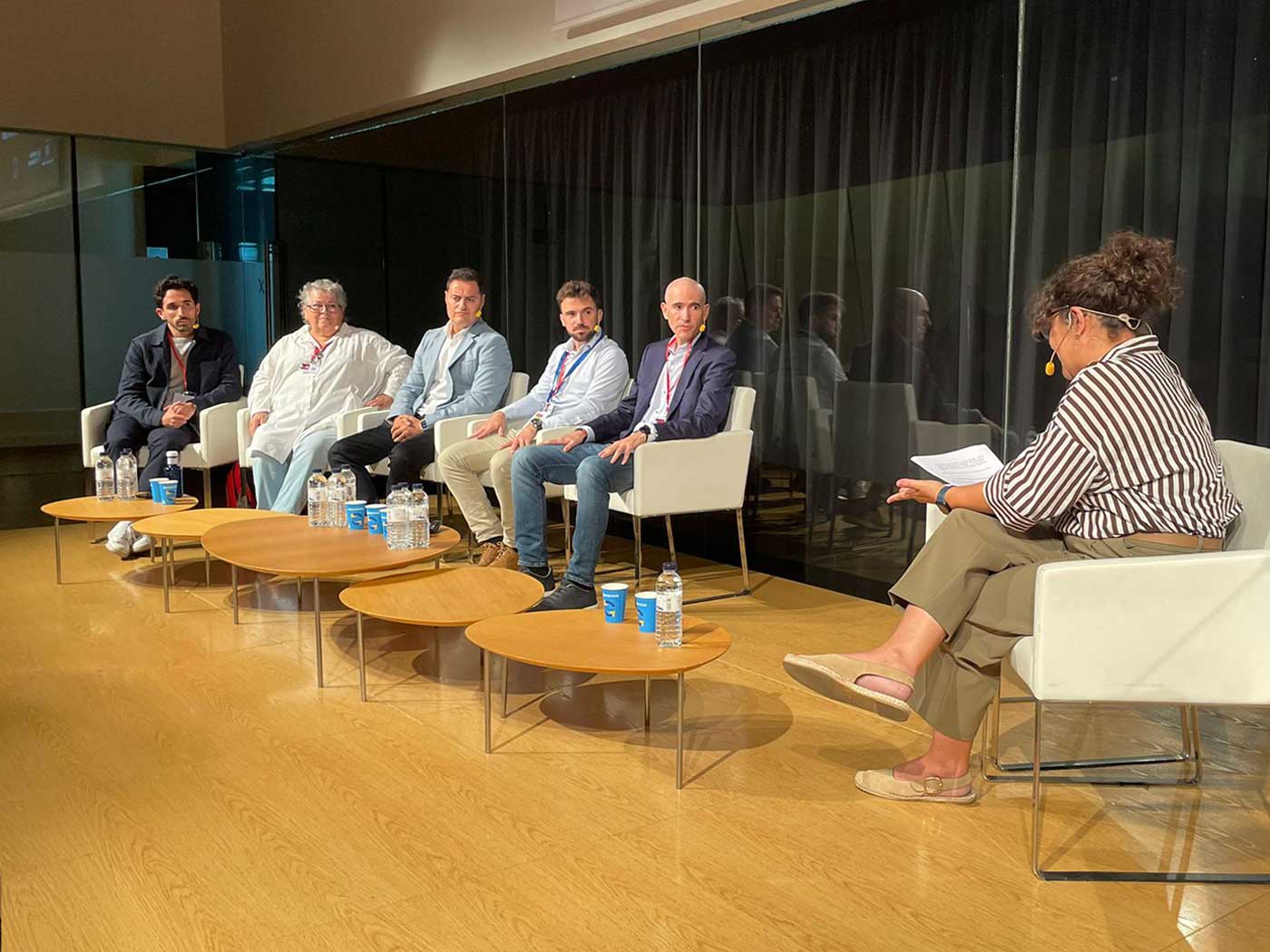We launch four smart monitoring projects on an IIoT platform at CELSA Group.
Challenge
CELSA Group consists of eight major steel and rolling companies from different countries. The information from the various industrial plants is scattered across several control and monitoring systems, making it impossible to perform a multivariable analysis to quickly detect anomalies and identify issues.
Developing this innovative analytical capability is crucial for the evolution of its business, as it would enable the automation of low-value tasks and improve the efficiency of its production processes. For this reason, CELSA Group has identified the need to implement an Industry 4.0 program that allows it to:
- Collect and centralize the information generated in the different systems of the different production plants.
- Implement data-based models for the diagnosis and prognosis, in real time, of the anomalies that occur in the production processes.
- Determine the effects generated by the possible anomalies to facilitate and expedite decision-making for engineers and plant supervisors.
- Deploy advanced analytics projects with different objectives and suppliers, within a process of continuous improvement.
Project
To achieve these business objectives, we designed the Data-Driven Steel 4.0 project program in collaboration with the UPC MCIA Research Center. This Industry 4.0 program, which is currently being implemented, will facilitate the adoption of intelligent monitoring techniques for industrial processes at CELSA Group by developing four advanced industrial analytics projects supported by an IIoT platform based on Nexiona’s MIIMETIQ technology.
Data-Driven Steel 4.0 will deploy a common IIoT platform across four of the group’s production plants (two in Barcelona and two in Santander). In addition, for each plant or business area, it will develop specific intelligent multivariable monitoring applications, applying artificial intelligence techniques to solve the concrete issues identified by the internal improvement teams of each plant.
Specifically, the projects that have been identified are the following:
- POWER-EAF. Modeling, analysis, and continuous monitoring of electric arc furnace (EAF) consumption to detect deviations from target consumption and identify the causes triggering them (e.g., rebar quality, over-injection of carbon, etc.).
- MINOROMBO. Intelligent monitoring of the continuous casting line to detect issues related to rhombicity and identify the causes that trigger them (e.g., mold temperature, mold changes, cooling, etc.). It includes predicting the line’s behavior and automatically prescribing operational recommendations.
- Zero-Cobble. Development of optimized algorithms for multivariable, real-time analysis to detect situations at risk of emergency plant shutdowns due to elevated risks of breakage, fragmentation, or misalignment, among other factors.
- DeflectionLess. Data-based modeling of the operation of various sections of the rolling mill train and continuous monitoring of the factors that cause the deflection effect in the rolled profiles.
Results
The most significant benefits that this project program will provide to CELSA Group are:
- The structuring, normalization and centralization of information on the production processes of all CELSA Group plants.
- The provision of an environment for the implementation of industrial analytics projects in a progressive and scalable manner, within a continuous improvement strategy.
- The improvement of knowledge of the operation of the processes of each plant and their influence, in the case of processes linked between plants.
- The improvement and acceleration of decision-making thanks to the visualization of the results of the analysis algorithms, in real time.
- The reduction of costs, both through energy savings and scrap reduction
- The increase in the quality of manufactured products.
- The improvement of productivity and competitiveness.






